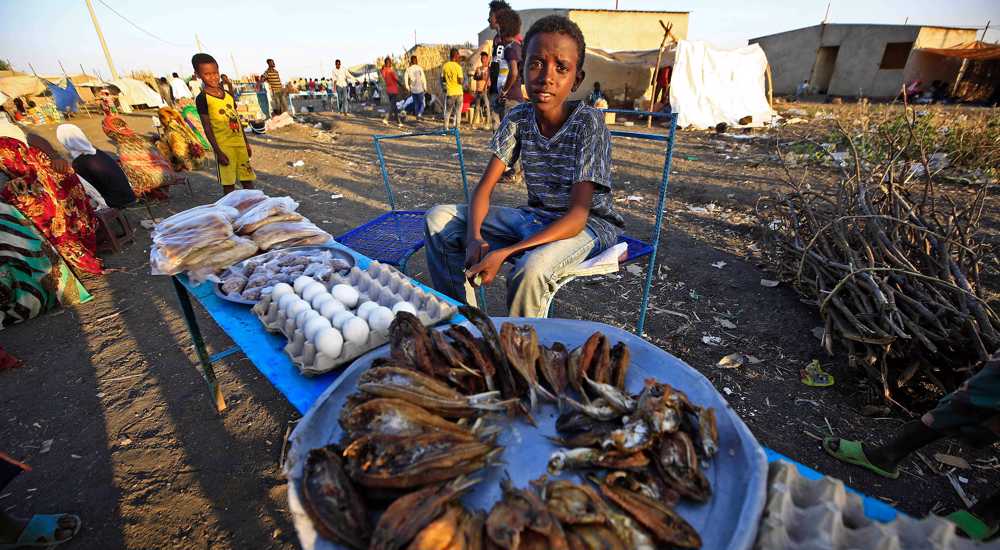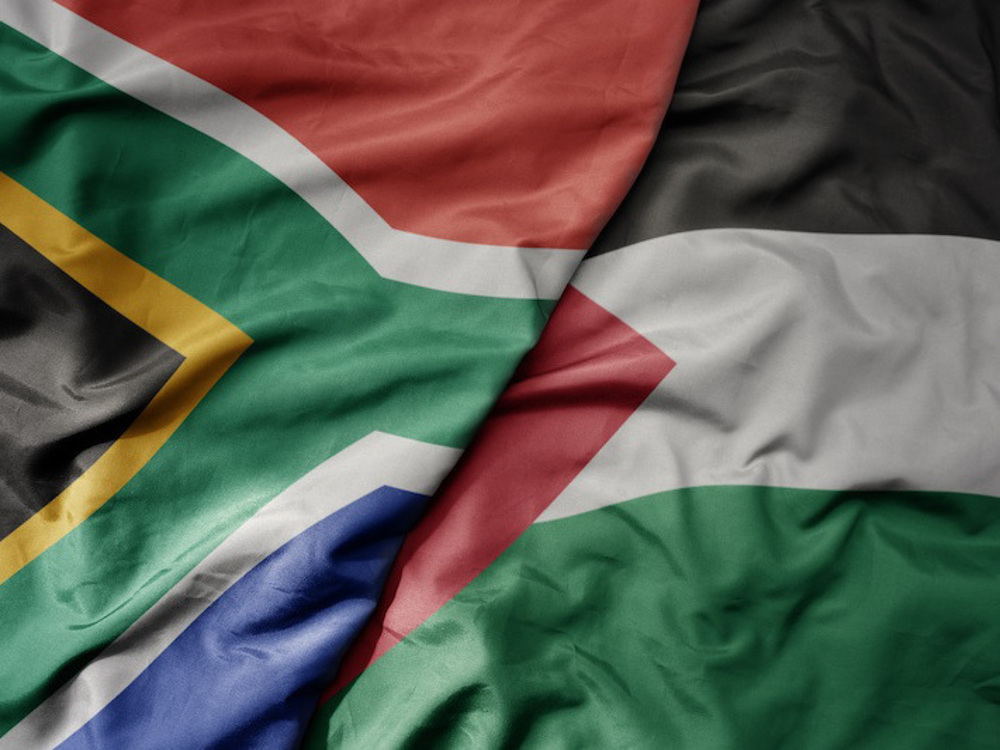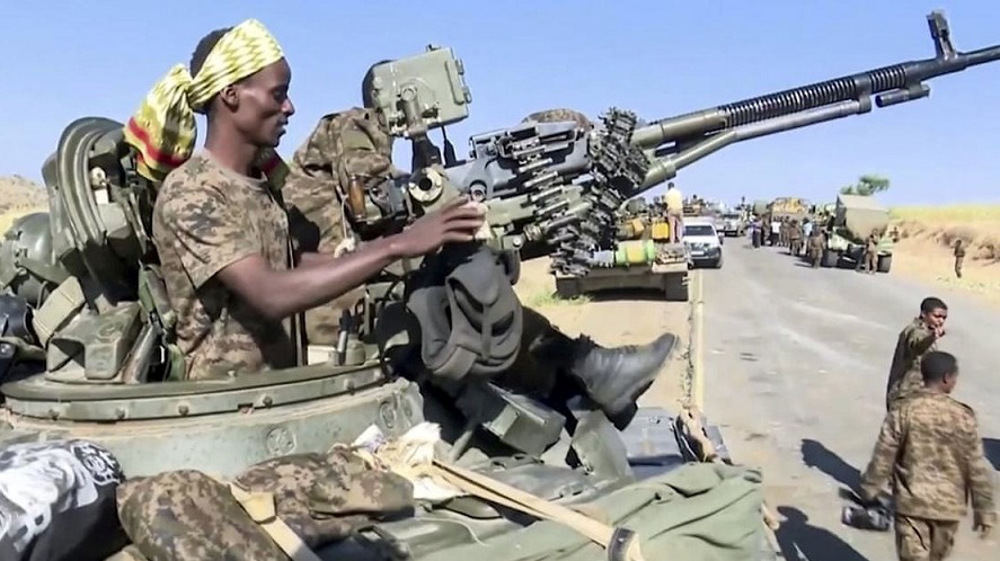Refugees in Ethiopia's Tigray to run out of food shortly without assistance: UN
The United Nations (UN) refugee agency has called on the warring sides in Ethiopia's Tigray to allow humanitarian access into the region, warning that the nearly 100,000 Eritrean refugees living in camps there could run out of food next week.
During a briefing in the Swiss city of Geneva on Friday, United Nations High Commissioner for Refugees (UNHCR) spokesman Babar Baloch said the refugees "would be running out of food as of Monday — we are ready with our supplies trying to reach these populations."
"What is needed is unhindered humanitarian access to reach them as soon as possible," he added.
Baloch said the estimate was based on calculations since the last distribution some weeks ago.
He declined to specify who was blocking access to the nearly 96,000 Eritrean refugees, who the UNHCR says are living in four camps in the northernmost region of Tigray.
Many of the refugees from Eritrea arrived in Ethiopia more than a decade ago amid tensions then ongoing between the two countries.
The UN, which still has staff in Tigray, has been negotiating with all parties to the conflict for access but there was no sign of a breakthrough yet.
Communication with the remaining staff has been poor due to a telecommunications blackout, Baloch added.
Tigray has been rocked by bloody fighting since November 4, when Ethiopian Prime Minister Abiy Ahmed announced the launch of military operations against the regional government.
The announcement led to a dramatic escalation of a long-running feud between the federal government and the Tigray People's Liberation Front (TPLF), the region's ruling party, which dominated Ethiopian politics for almost three decades before the incumbent prime minister assumed power in 2018.
Abiy accused the rebel forces loyal to the TPLF of launching deadly attacks on a pair of federal military camps in the region. He has also accused the party of defying his government and seeking to undermine it.
Hundreds of people have reportedly been killed in the fighting, and thousands have fled across Ethiopia's northern border into neighboring Sudan.
Ethiopian PM tells African envoys he will protect civilians
Separately on Friday, Abiy said his government would protect civilians in Tigray, a day after he declared the final phase of the military offensive there.
The final phase of the offensive is aimed at taking back the rebel-held regional capital, Mekelle, which is now surrounded by government forces, according to Abiy.
In a statement issued after meeting African peace envoys on Friday, Abiy's office said the government was committed to the "protection and security of civilians" in Tigray.
However, the statement made no mention of talks with the TPLF to end the conflict.
The statement further thanked the envoys for conveying their "wisdom, insights, and readiness to support in any way they are needed," but did not mention any plans for further discussions with them.
The three African Union special envoys, namely former presidents Ellen Johnson-Sirleaf of Liberia, Joaquim Chissano of Mozambique, and Kgalema Motlanthe of South Africa, had been sent to Addis Ababa to help mediate in the conflict, something that Abiy had already made clear he did not want.
They met the Ethiopian prime minister as people fled Mekelle in fear of the imminent assault.
The Ethiopian military had earlier this week warned of "no mercy" if the residents of Mekelle did not distance themselves from the TPLF.
D-8’s role in Iran’s economy after Cairo summit
China slams US as ‘war-addicted’ threat to global security
China ‘firmly opposes’ US military aid to Taiwan
VIDEO | Press TV's News Headlines
President Yoon Suk Yeol to be removed from office
At least 19 Gazans killed by Israeli airstrikes since dawn: Medics
Leader: Iran neither has nor needs proxy forces
US fighter aircraft shot down ‘in friendly fire’ amid aggression on Yemen
















 This makes it easy to access the Press TV website
This makes it easy to access the Press TV website